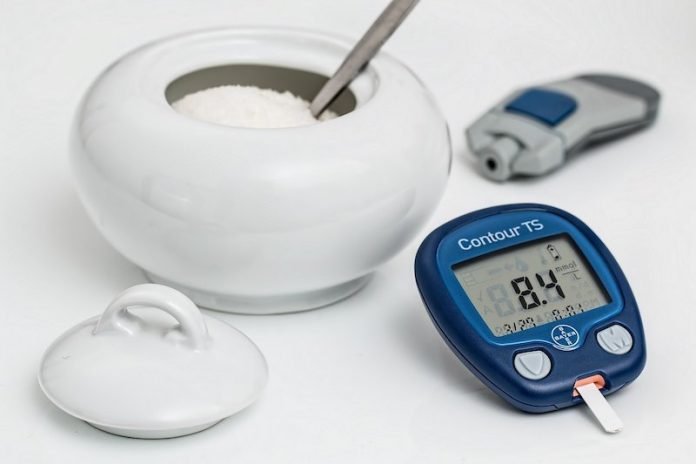
In a recent study published in Cell Reports, researchers found the liver may hold the key to innovative new treatments.
The team had spent the last nine years working to better understand the correlation between obesity, fatty liver disease and diabetes, particularly how the liver affects insulin sensitivity.
They say obesity is known to be a cause of Type 2 diabetes and, for a long time, researchers have known that the amount of fat in the liver increases with obesity. As fat increases in the liver, the incidence of diabetes increases.
This suggested that fat in the liver might be causing Type 2 Diabetes, but how fat in the liver could cause the body to become resistant to insulin or cause the pancreas to over-secrete insulin remained a mystery.
The study is from the University of Arizona. One author is Benjamin Renquist.
Today, Type 2 diabetes is 24 times more prevalent than Type 1. The rise in rates of obesity and incidence of Type 2 diabetes are related and require new approaches.
All current therapeutics for Type 2 diabetes primarily aim to decrease blood glucose.
In the study, the team focused on fatty liver, measuring neurotransmitters released from the liver in animal models of obesity.
They found that fat in the liver increased the release of the inhibitory neurotransmitter Gamma-aminobutyric acid, or GABA.
They identified the pathway by which GABA synthesis was occurring and the key enzyme that is responsible for liver GABA production – GABA transaminase.
A naturally-occurring amino acid, GABA is the primary inhibitory neurotransmitter in the central nervous system, meaning it decreases nerve activity.
Nerves provide a conduit by which the brain and the rest of the body communicate. That communication is not only from the brain to other tissues, but also from tissues back to the brain.
When the liver produces GABA, it decreases the activity of those nerves that run from the liver to the brain. Thus, fatty liver, by producing GABA, is decreasing firing activity to the brain.
That decrease in firing is sensed by the central nervous system, which changes outgoing signals that affect glucose homeostasis.
The team found in animals, the inhibition of excess liver GABA production restored insulin sensitivity within days. Longer-term inhibition of GABA-transaminase resulted in decreased food intake and weight loss.
They also found that in people with insulin resistance, the liver more highly expressed genes involved in GABA production and release.
In the future, the team will examine the use of a commercially available Food and Drug Administration-approved inhibitor of GABA transaminase to improve insulin sensitivity in people who are obese.
If you care about type 2 diabetes, please read studies about this daily habit could effectively prevent type 2 diabetes and findings of this weight loss drug could strongly benefit people with type 2 diabetes.
For more information about diabetes and your health, please see recent studies about this health issue could lead to death in type 2 diabetes and results showing that timing of exercise linked to heart disease risk in people with type 2 diabetes.
Copyright © 2021 Knowridge Science Report. All rights reserved.



